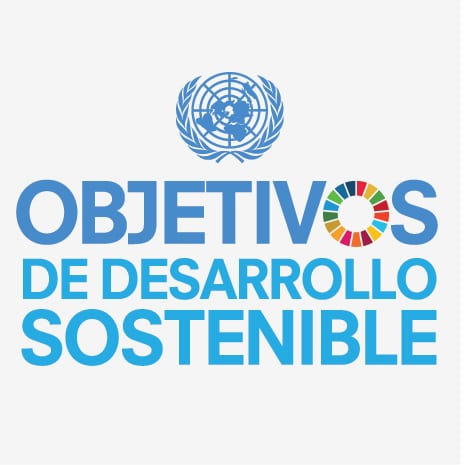 Vigilancia Tecnológica
Vigilancia Tecnológica
Technical and Environmental Viability of a Road Bicycle Pedal Part Made of a Fully Bio-Based Composite Material
Glass fibre is the most widely used material for reinforcing thermoplastic matrices presently and its use continues to grow. A significant disadvantage of glass fibre, however, is its impact on the environment, in particular, due to the fact that glass fibre-reinforced composite materials are difficult to recycle. Polyamide 6 is an engineering plastic frequently used as a matrix for high-mechanical performance composites. Producing polyamide monomer requires the use of a large amount of energy and can also pose harmful environmental impacts. Consequently, glass fibre-reinforced Polyamide 6 composites cannot be considered environmentally friendly. In this work, we assessed the performance of a road cycling pedal body consisting of a composite of natural Polyamide 11 reinforced with lignocellulosic fibres from stone-ground wood, as an alternative to the conventional glass fibre-reinforced Polyamide 6 composite (the most common material used for recreational purposes). We developed a 3D model of a pedal with a geometry based on a combination of two existing commercial choices and used it to perform three finite-element tests in order to assess its strength under highly demanding static and cyclic conditions. A supplementary life cycle analysis of the pedal was also performed to determine the ecological impact. Based on the results of the simulation tests, the pedal is considered to be mechanically viable and has a significantly lower environmental impact than fully synthetic composites.
Fecha publicación: 13/03/2021
Autor: David Hernández-Díaz
Referencia: doi: 10.3390/ma14061399






